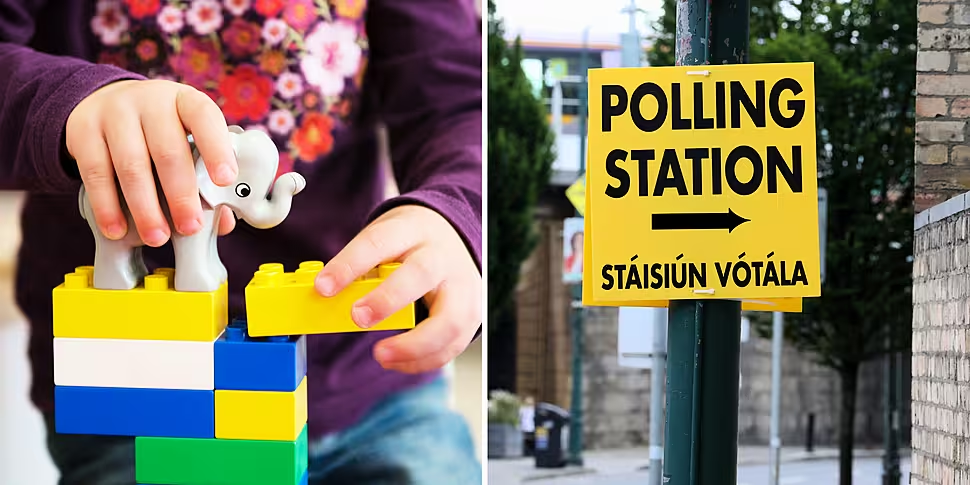Child protection issues are not enough of a 'political hot potato' for politicians to pay attention to them, according to a child protection expert.
Since 2019, the number of new cases seeking the court's intervention in the care of a child has increased by 46%.
Judges made care-related orders regarding 15,000 cases last year – up almost 5,000 from four years prior.
There have also been a series of damning reports on the state of the Child and Adolescent Mental Health Services (CAHMS) in Ireland.
Yesterday, the Children's Ombudsman, Niall Muldoon criticised the health service, accusing it of failing in its duty of upholding the rights of children to the best possible healthcare.
On The Pat Kenny Show, child protection expert Shane Duffy said he agrees that there are "incredible deficits in capacity in child and adolescent mental health service".
Mr Duffy said the issue has continued over the years because it is not a "political hot potato".
"I have spoken to a number of politicians over the years about trying to get behind these issues as a campaign platform around terms of general elections," he said.
"Politicians will tell you that issues like this don't get you votes.
"All people are interested in at the end of the day is what's going to be in their wage packet at the end of the week."
Society
Mr Duffy said society in Ireland has an "attention deficit disorder" around child protection issues.
"Something awful happens ... everybody's up in arms over it for a very short while," he said.
"It gets covered by the media over a couple of different news cycles, and then it just disappears and everyone forgets about it.
"I absolutely believe that child protection and the rights of children are one of the most important issues that there are because children are the future.
"This is something that all parties should be working together to resolve."
Court cases
ISPCC head of policy and public affairs Fiona Jennings said it is "concerning" that the number of new cases seeking the court's intervention is rising.
"The family court system is struggling at the moment to cope with the number of requests that it's getting," she said.
Ms Jennings said some cases are seeking voluntary care orders, where parents agree to have their child or young person put into the care system for a certain period of time.
"Specialist care orders [and] residential care orders – the concerning part there is that we don't necessarily have the places for the children who need those types of speciality care places," she said.
Exploitation
The Sexual Exploitation Research Project at UCD investigated what happens to children who are not placed in the correct housing for their speciality care because there are no sufficient care homes for them.
"These children are housed in hotels or guesthouses, and they're being targeted there and exploited," Ms Jennings said.
"Often they have unmet emotional needs, they might have attachment issues, they probably had some type of trauma within their childhoods, so they are at heightened risk levels.
"That report showed that these children are being targeted by older men often and being groomed and sexually exploited."
Early intervention
Ms Jennings said investment in mental health, poverty and addiction would relieve pressure on State services.
"There are many, many steps along the way and points of intervention where children and young people can be supported to prevent them from availing of State services and ending up in the courts," said.
Mr Duffy said the answers to children's protection issues are "as simple as they are vast".
"Every single citizen has a responsibility to be aware of the protection needs of children, which means all of us should be clamouring to get this dealt with," he said.
You can listen back here:









